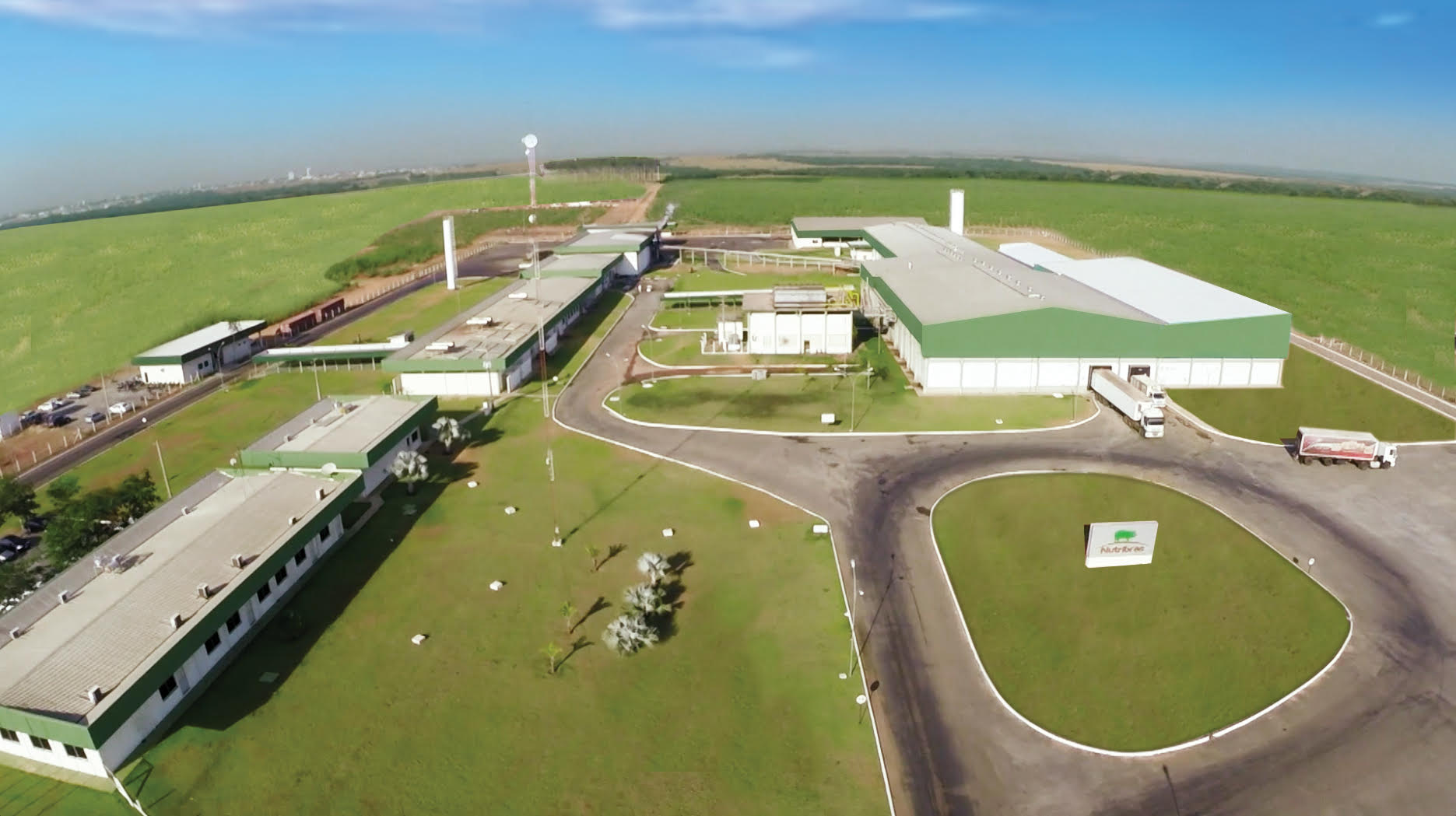Environment
70% of Seara farms already use solar energy

Company promotes the adoption of clean and renewable electricity
JBS’s Seara ended 2024 with an impressive milestone: 70% of its integrated chicken producers in the country use solar energy on their farms. Five years earlier, this number was approximately 5.61%; since then, there has been an exponential increase of 1,149%. In a single year, solar energy production on Seara’s integrated farms across the country totaled 205,182,885.60 kWh, enough to supply a city with approximately 90,000 inhabitants for 12 months.
Farms powered by solar energy are distributed across eight states and the Federal District. In São Paulo, just over 77% of units have adopted photovoltaic panels, while in Santa Catarina, the rate reached 73%.
With the implementation of greater automation in poultry houses and controlled indoor environments, electricity has come to play a relevant role in the cost formation of producers. On the other hand, photovoltaic panels, with an increasingly greater dominance in the production of electricity from solar panels, reaffirm themselves as a competitive opportunity in this scenario.
In addition to guiding and supporting the implementation of the panels, Seara has encouraged the installation of photovoltaic panels on farms through a checklist that seeks to recognize good production practices through sustainable actions.
Checklist
Seara has a checklist that guides the bonus policy for integrated poultry and swine partners. In addition to structural and procedural adequacy criteria, sustainability items are also included. Among the ESG criteria, in addition to the installation of renewable energy sources on farms, such as photovoltaic panels, there is also the implementation of a program for the identification, separation and correct disposal of solid waste and the adaptation of farms to animal welfare standards. Farms that engage in all three fronts are entitled to the bonus.

For Sandro Fontanella, an integrated producer in Forquilhinha, Santa Catarina, investing in renewable energy systems goes beyond the environmental benefits. “It’s like investing in a new activity, which becomes an additional source of income for us producers,” he says. “Before, we spent a considerable amount on purchasing energy from concessionaires. Today, the amount saved or generated by the photovoltaic panel system is used to pay off its financing, which has a term of six years,” he highlights.
Currently, the Fontanella farm meets between 80% and 83% of its energy demand with clean and renewable energy, which corresponds to approximately 220,000 kWh to 240,000 kWh per year. “We are developing an expansion project to reach 100% of our demand, something that is feasible thanks to Seara’s incentive policies, which make the business even more accessible,” he says.
“The initiative has the potential to pay for itself in the medium term, transforming what was previously a simple cost into a new source of margin for the producer. Thus, solar energy, in addition to representing a more sustainable solution, also proves to be an economically advantageous alternative for the integrated producers’ businesses,” highlights Vamiré Luiz Sens Júnior, executive manager of Agricultural Sustainability at Seara.
READ TOO

Environment
30/06/2025
Nutribras Alimentos achieves full water reuse and becomes a national benchmark in water management
Company invests in technology to treat and reuse 100% of the water consumed in its operations Nutribras Alimentos, headquartered in Sorriso, Mato […]
Read more
Environment
11/12/2023
Circular economy: Rivelli transforms chicken waste into inputs for agriculture
Reusing and reinserting resources into the chain is one of the most efficient ways to preserve the environment, promote productivity gains and […]
Read more
Food Safety
23/04/2025
Copacol earns Seedcare Excellence certification for the third consecutive year
Syngenta recognition highlights the cooperative’s high standards and innovation in seed treatment and quality assurance Copacol has once again been recognized for […]
Read more
